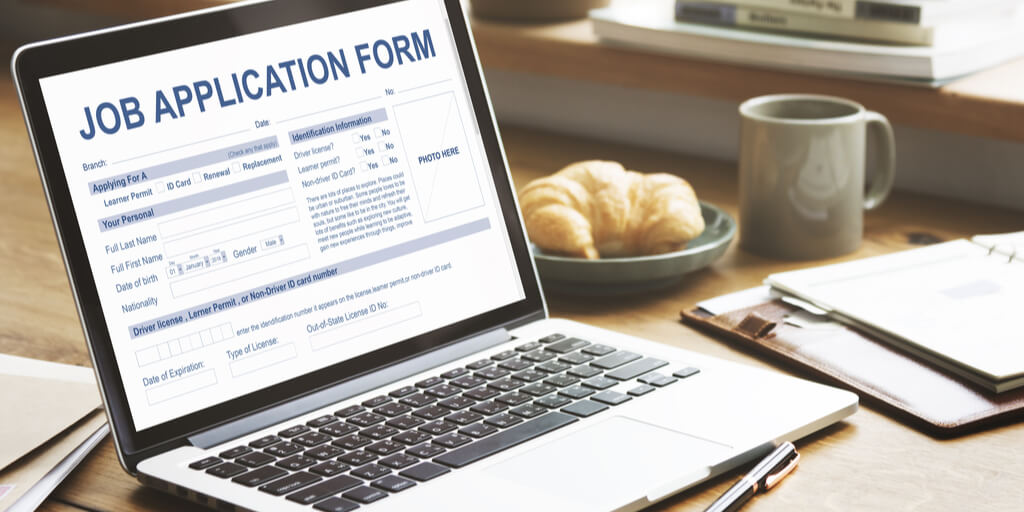
You’ve clocked up the experience, you’ve got the degree and you’re starting the job next week. But are you able to explain what a graduate pharmaceutical analyst actually does to your mates down the pub yet? Don’t worry, we’ve got your back.
Even if you’re only just thinking of a career as a pharmaceutical analyst, taking a look at the job description is a helpful exercise in itself. Not only does it help to give you a feel for the kind of work you’ll be doing, but it can also help you work out the skills and experience you need to make it a reality.
What Does A Graduate Pharmaceutical Analyst Actually Do?
A pharmaceutical analyst is basically a type of chemist and as a graduate your first rung on the ladder. You’ll be responsible for a variety of things, which are likely to include:
- Doing hands-on chemistry analyses in the laboratory, using a range of different scientific techniques,
- Developing ways of analysing various different substances to get the right information,
- Reporting the results in line with set quality standards for lab operations,
- Investigating any deviations or anomalies from what’s expected.
Basically, the point of the role is to investigate how certain substances behave in various different conditions. This could mean working with raw chemicals or you might be testing finished drugs as part of quality control.
Different analysts in different roles will be looking out for different things – for example, some will be looking at the chemical make-up of a substance, others might be looking at toxicology, or you might be helping to develop a drug for use.
And in terms of what that means as a chemist, it could be anything from using electrochromatography and spectroscopy to gas and high-performance liquid chromatography. We hope that makes more sense to you than it does to us.
Starting out, you’re looking at a salary of ВЈ18-25,000pa for your standard nine to five, but as you gain more experience, that quickly rises. Senior analytical chemists who also take on management roles can earn in excess of ВЈ50,000pa.
What Other Skills Do You Need As A Graduate Pharmaceutical Analyst?
Aside from actually being able to do the experiments, labs will be looking for a whole host of other things. First and foremost they’ll want to know you’re qualified to do the job – in practice, this usually means having a relevant degree and some previous work experience.
Professionalism and Health & Safety
They’ll also be looking for high levels of professionalism – pretty much every laboratory you walk into will have extremely high safety standards. And, sadly, yes, that does mean no messing around with the Bunsen burner. Instead, they’ll be looking for people who have meticulous standards when conducting experiments and are equally pedantic about what they record down too.
Computer and Technical Skills
Recording the results of experiments will often require the use of specialist lab software. Even if you haven’t had a chance to have a go in a live environment, they’ll be looking for people who are clearly computer literate.
Knowing how to properly use Microsoft Excel is a good start – and when we say properly we don’t just mean making a holiday budget in it. You’ll be expected to be inputting some pretty hefty amounts of data, and you’ll need to be good with setting formulas and spotting patterns.
Good Communication Skills
Reports will often have to be filed to wider teams as well as clients, so you’ll need to be able to communicate well and write clear concise reports. While you might often be working by yourself, it’s still a team game, so they’ll be looking for people who can communicate effectively and see the bigger picture.
Ability To Work Independently
Finally, as an analyst, you’ll spend a lot of your time working independently, so they’ll be looking for people who are good at managing their own time.
You’ll need to be able to get things done on your own steam to hit deadlines – and preferably without the midnight caffeine-fuelled rush that was your dissertation.


